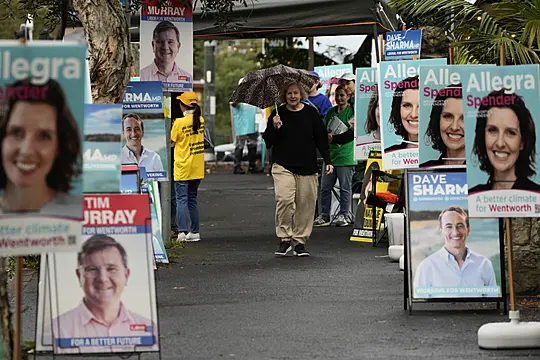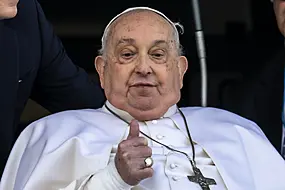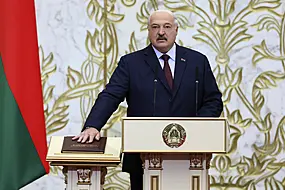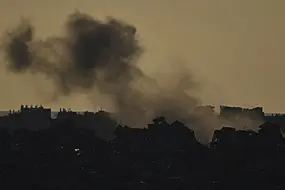Early voting is under way in Australia’s federal election, with the opposition party hoping the first ballots will reflect its lead over the government in opinion polls.
Voters began casting their ballots at 550 voting stations around the country as two new opinion polls showed the centre-left Labour Party opposition had extended its lead over Prime Minister Scott Morrison’s conservative coalition.
Voting is compulsory in Australia and almost 17 million adults in a population of 26 million people are expected to take part.
More hospital beds, less pressure on emergency departments and less ambulance ramping.
That’s what a Federal Labor Government will deliver in partnership with the @PMalinauskasMP State Labor Government thanks to a major expansion of Flinders Medical Centre.@SenatorWong pic.twitter.com/Vig4km2gFO— Anthony Albanese (@AlboMP) May 9, 2022
Pre-poll voting is available to those unable to vote on May 21 for reasons including work or travel. People conscious of the risks of Covid-19 are expected to vote early to avoid the larger crowds at polling booths on May 21.
Opposition leader Anthony Albanese said government legislators are discouraging electors from voting early in the hope that Labour’s lead will evaporate before election day.
“The bells are tolling for the Morrison government because early voting starts today,” Mr Albanese said.
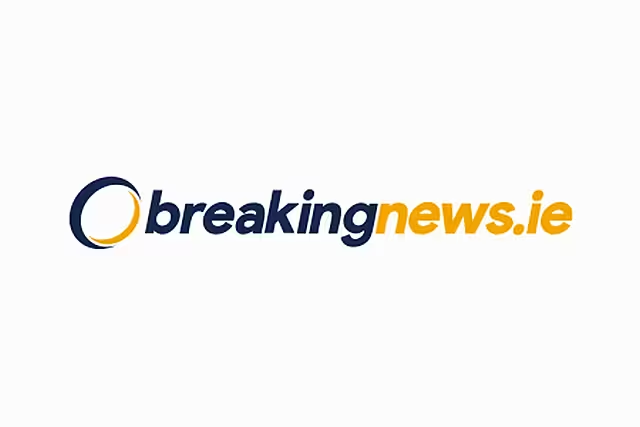
“We want people to participate in our democracy and to vote whenever is convenient.”
Mr Morrison said many voters had yet to decide which candidate they will support. He said: “As Australians are going to those polls, they’re really starting to focus on the choice that they have to make and it’s a choice between strength, a strong economy and a weaker one under Labour.”
The Prime Minister called the election for the last date available to him to maximise the time he had to discredit Mr Albanese as a potential government leader.
Using the same tactic in 2019, Mr Morrison defied most opinion polls by leading his coalition to a narrow victory.

His coalition is now seeking a rare fourth three-year term.
More than 40% of votes were cast before the 2019 election date, and that proportion is expected to increase in the current election.
Many observers say the government’s popularity has been harmed by the Australian central bank’s decision last week to raise interest rates for the first time in 11 years to curb inflation.
It was the first time that the Reserve Bank of Australia has lifted the cash rate during an election campaign.
In the 2019 election, the combined vote for the major parties in the House of Representatives was its lowest proportion since the Second World War.
The trend towards independent and minor party candidates is expected to continue at this month’s election.
Some polls are suggesting a rare hung parliament that would lead to Mr Morrison or Mr Albanese forming a minority government with the support of unaligned legislators.
